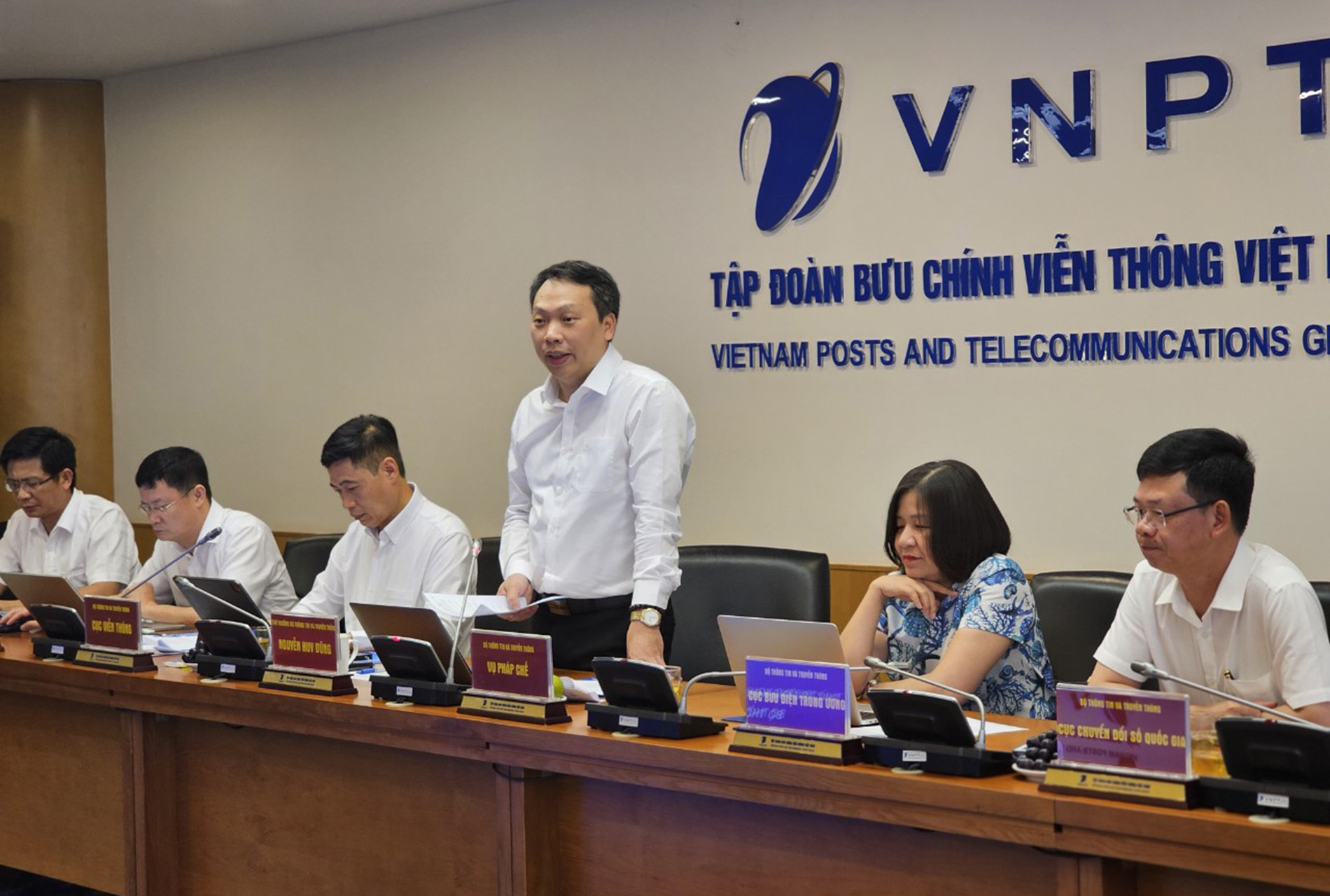
VNPT plans to deploy 5G nationwide
On May 28, Deputy Minister of Information and Communications Nguyen Huy Dung and functional units of the Ministry of Information and Communications had a working session with VNPT Group.
Speaking at the meeting, VNPT Deputy General Director Nguyen Nam Long said: In the first 4 months of 2024, VNPT has had positive growth. In 2023, VNPT will invest 5,800 billion VND in infrastructure, mainly for fixed network of nearly 3,000 billion VND, mobile network of 1,800 billion VND. VNPT's motto is to put infrastructure one step ahead, fiber optic cable to communes and households.
VNPT has shifted to prioritizing the development of digital services and core technology platforms such as Bigdata, AI, Cloud, and IoT. Over the past year, the AI platform mastered by VNPT experts includes core technology components such as image, sound, and voice processing. Based on this technology, VNPT has built the application ecosystem vnSocial, VNPT SmartBot, VNPT Smart Voice, etc. In 2023, VNPT's core recognition technology will rank 10th in the world and is transforming from a traditional telecommunications service provider to a digital service provider.
VNPT has deployed 5G in 16 provinces and cities, serving customers in central areas and is planning to deploy 5G nationwide. VNPT's fiber optic cables have been deployed to 100% of communes and 97% of villages and to households' homes. VNPT Group has opened its 8th data center in Hoa Lac and is about to open a larger IDC in the South than Hoa Lac.
Mr. Nguyen Nam Long proposed that the Ministry of Information and Communications have a mechanism to speed up the approval of the list of customers benefiting from the Public Telecommunications Fund by transferring this approval to the Departments of Information and Communications because the locality will have a clearer view of the list. In addition, the Ministry of Information and Communications also has instructions on supporting smartphones when network operators turn off 2G waves to promote bringing people to the digital environment. VNPT also requested the Ministry of Information and Communications to guide the synchronous implementation of coverage of low-lying areas nationwide from the Public Telecommunications Fund.
Mr. Nguyen Nam Long also proposed to allow online network switching registration and have detailed regulations for cases where subscribers switch networks because in reality, network operators have many "tricks" to keep customers on their network.
Regarding the issue of standardizing subscriber information, VNPT representative also affirmed that VNPT's viewpoint is to take it seriously and not accept junk SIMs and pre-activated SIMs.
VNPT also recommended that the Ministry of Information and Communications allow customers to register personal information online with 8 strict steps; and must manage OTT services when up to 70% of subscribers are using this service but there is no management policy.
Ministry of Information and Communications answers and handles many recommendations of VNPT
Speaking at the meeting, Deputy Minister Nguyen Huy Dung said that the new Telecommunications Law, which is about to take effect, will solve the difficulties of VNPT as well as telecommunications enterprises. In particular, OTT is a telecommunications service that will be managed according to the telecommunications law, but must ensure the harmony of interests of all parties.
Recently, the Ministry of Information and Communications has received feedback on the quality of telecommunications services. Network operators must accelerate coverage in low-lying areas so that people can enjoy telecommunications services. Regarding information security for digital infrastructure, VNPT has also made great strides, but still needs to invest appropriately.
Regarding VNPT's proposal to switch networks while keeping the same number, the Deputy Minister assigned the Telecommunications Department to receive and amend. Regarding the proposal to register online, the Telecommunications Law will soon take effect and be implemented. Regarding the issue of telecommunications price management, this is a difficult issue and a separate topic on telecommunications price management is needed to promote sustainable development for both users and network operators.
Mr. Le Van Tuan, Director of the Radio Frequency Department, said that the roadmap for shutting down 2G waves will be implemented as planned. It is expected that in October, the Ministry of Information and Communications will auction the 700 MHz band so that network operators can increase their coverage.
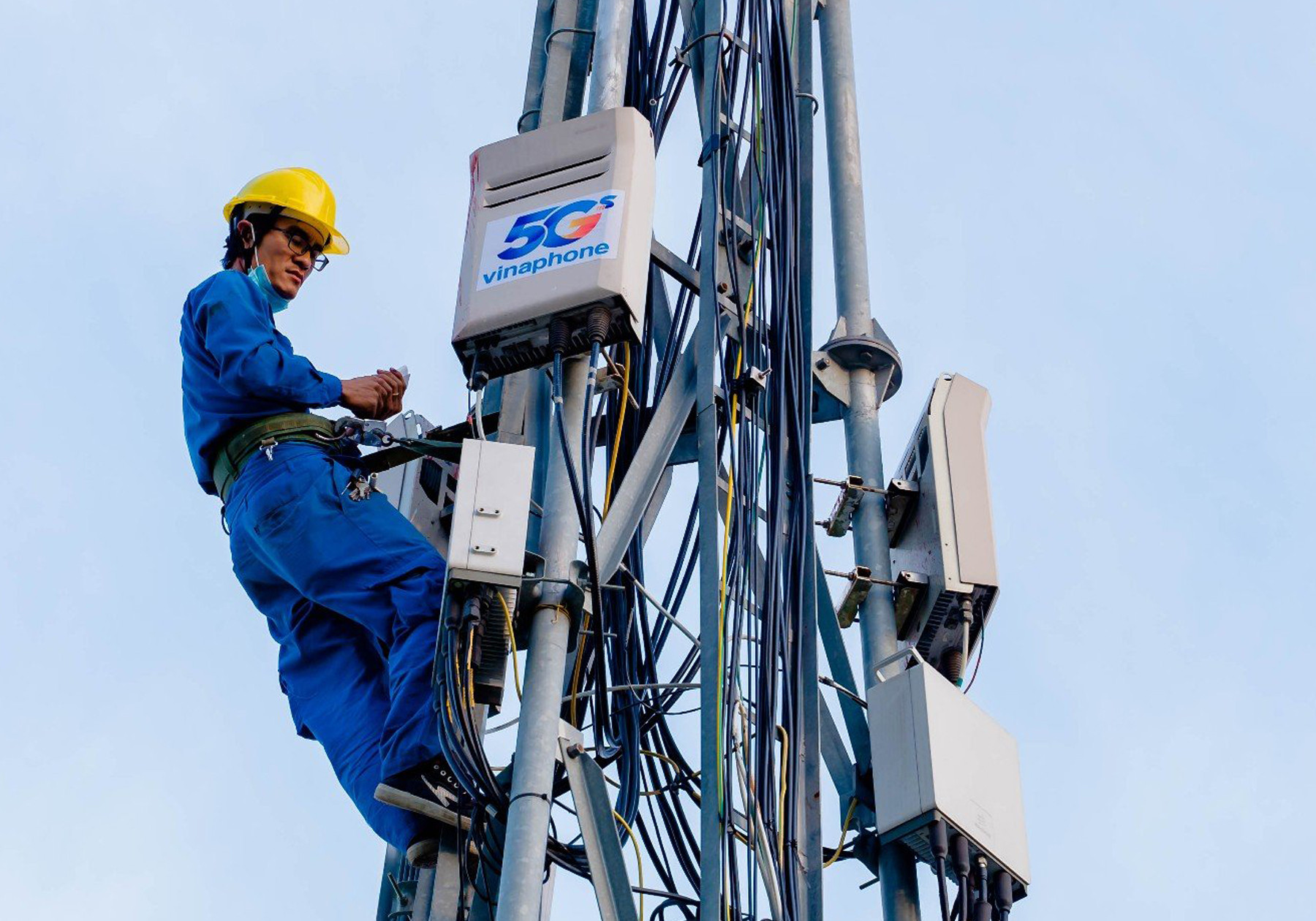
Mr. Nguyen Thanh Phuc, Director of the Telecommunications Department, said that with the new policy, data center infrastructure is a new infrastructure - telecommunications services and there will be policies to promote it; he suggested that VNPT cooperate with large enterprises to build large data centers in Vietnam to meet the needs of large corporations.
Regarding the policy of handling junk SIMs, Mr. Nguyen Thanh Phuc suggested that VNPT must tighten the management of junk SIMs. The Minister has sent a very strong message that he will severely punish network operators who violate the law. In addition, VNPT must accelerate the process of fiber optic cabling to households with the goal of having 1 million households with fiber optic cabling each year and have a plan to quickly cover 4G in villages without electricity.
A representative of the Digital Signature Certification Center said that VNPT is currently number 1 in the digital signature certificate market. VNPT's revenue in 2023 is about 240 billion VND, this is a small number compared to the goal of each person having a digital signature certificate and it must be as easy to use as a fingerprint. Therefore, VNPT must come up with many ways to popularize digital signatures to users.
In response to VNPT’s proposal, a representative of the Public Utility Telecommunication Fund said that the previous mechanism assigned the Department of Information and Communications to confirm households that benefited from the public utility fund, but now it will be assigned to the Fund to confirm and there are also many problems. This problem will be resolved in the near future.
Source: https://vietnamnet.vn/vnpt-kien-nghi-ho-tro-tat-song-2g-phu-song-vung-lom-2285496.html








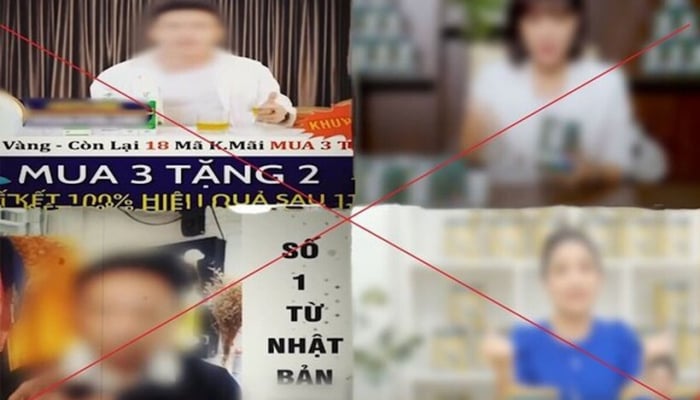




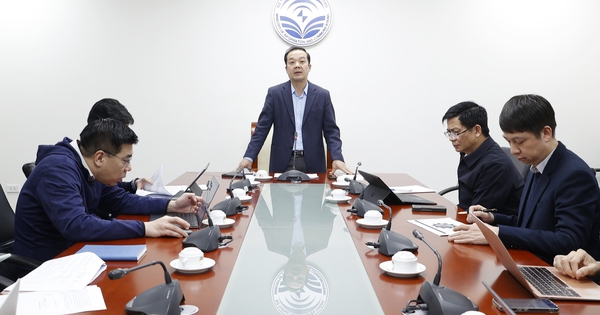



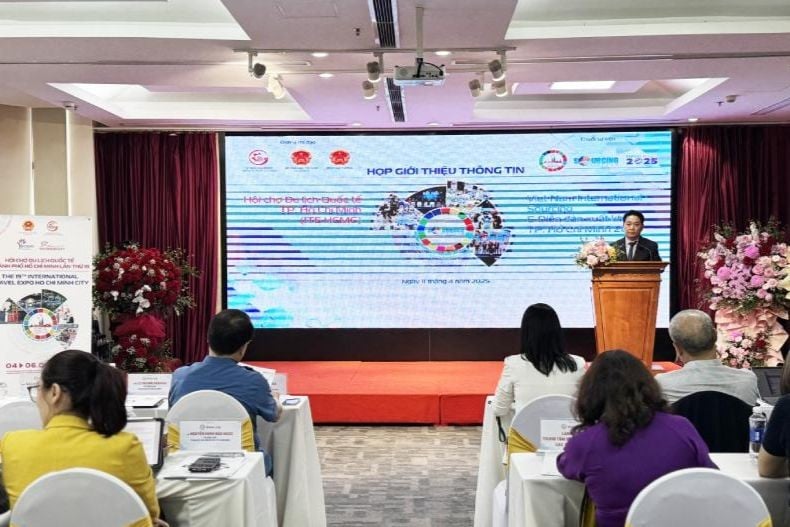
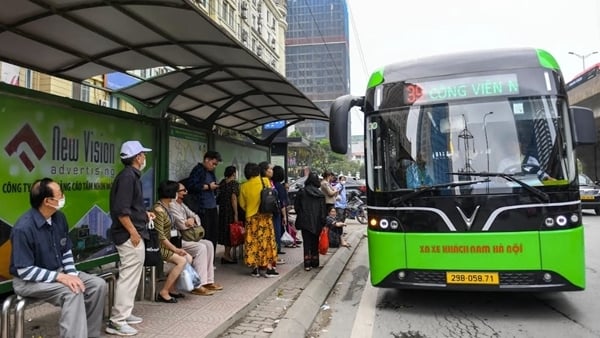










![[Photo] "Beauties" participate in the parade rehearsal at Bien Hoa airport](https://vstatic.vietnam.vn/vietnam/resource/IMAGE/2025/4/11/155502af3384431e918de0e2e585d13a)






























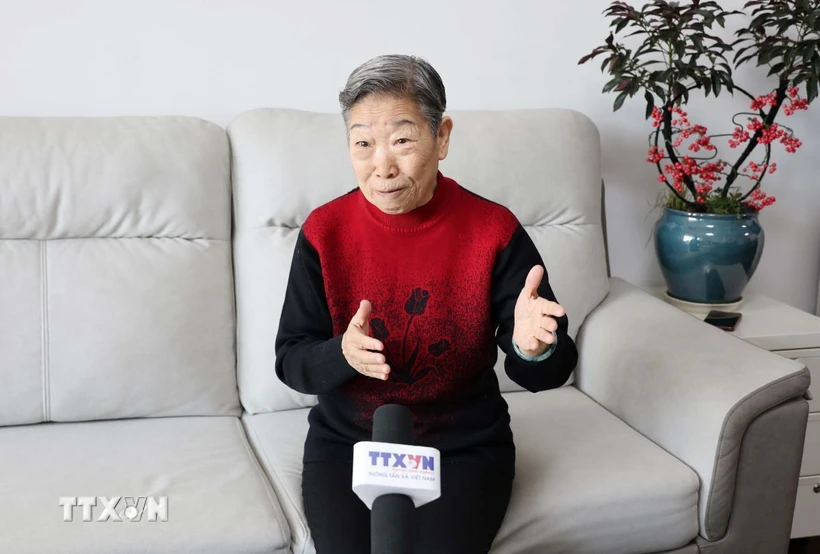

































Comment (0)